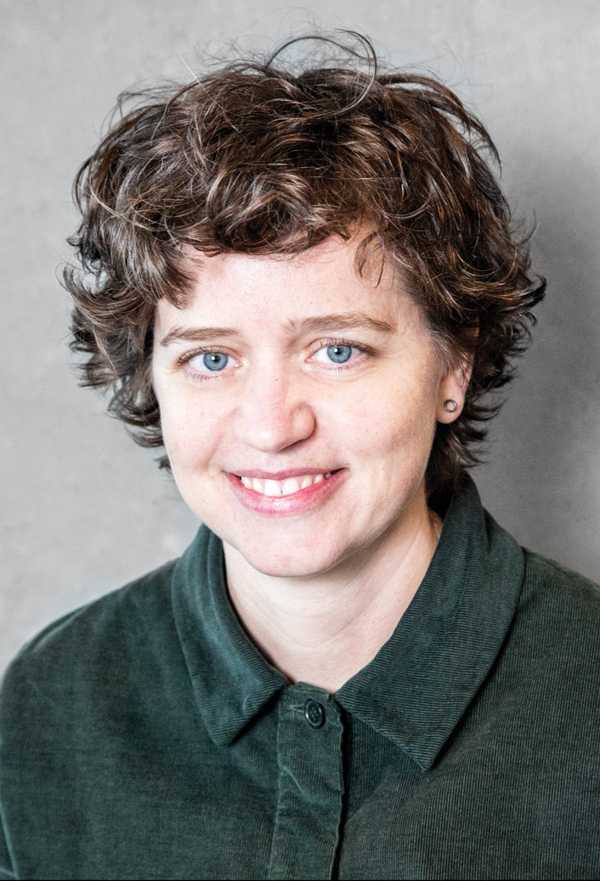Sidsel Bech-Petersen | Movers & Shakers 2019 – Change Agents
Sidsel Bech-Petersen worked on the redesign of the main library in Aarhus, Denmark, for ten years, talking to “citizens, politicians, architects, and partners to…figure out what the future for libraries looks like,” she says. Her goal was to create a human-centered space and identify “the kinds of approaches, tools, and methods libraries need to create transformation.”

CURRENT POSITION
Head of Innovation and User Involvement, Aarhus Public Libraries, Denmark
DEGREE
Master in Multimedia and Information Science, Aarhus University, Denmark, 2005
FOLLOW
@sidselbech; nextlibrary.net; designthinkingforlibraries.com; dokk1.dk/english
Photo by Sophie Dreijer/Aarhus Public Libraries
Human Centered
Sidsel Bech-Petersen worked on the redesign of the main library in Aarhus, Denmark, for ten years, talking to “citizens, politicians, architects, and partners to…figure out what the future for libraries looks like,” she says. Her goal was to create a human-centered space and identify “the kinds of approaches, tools, and methods libraries need to create transformation.” When Dokk1 opened in 2015, it was the largest public library in Scandinavia, with “many open and unprogrammed spaces that invite citizens and partners to use the space [creatively] for small meetings, workshops, training sessions, Maker activities, and debates,” says Bech-Petersen.
The tools and methods that went into Dokk1’s design became the framework for the Design Thinking for Libraries toolkit, a collaboration between the Chicago Public Library, design firm IDEO, and Aarhus Public Libraries (APL), with Bech-Petersen as a lead. It’s free to download online in 16 languages, translated by volunteers.
Supported by the Global Libraries initiative at the Bill & Melinda Gates Foundation, “the toolkit is a way of democratizing design,” Bech-Petersen says. “Years ago design thinking was carried out by designers. Today we see that library staffers can also become designers.”
The toolkit is “about talking to people, understanding them through observations and interviews, and…prototyping and experimenting to find the right solution[s],” Bech-Petersen says. Among its tools are Design Thinking in an Hour, Interviewing a Patron, Brainstorming, Journey Mapping, Prototyping Dashboard, and more. Bech-Petersen has given workshops and presentations on the toolkit across Europe, Asia, Africa, and North America that have prompted libraries to adopt the methodology, as well as form international collaborations on design thinking.
“Sidsel is unique in combining the ability to obtain a great amount of knowledge about a topic and then making it into an engaging and interactive learning experience for users and colleagues in a variety of settings and cultures,” says nominator Rolf Hapel, a professor of practice at the University of Washington’s iSchool. “Her sensitivity of place and people makes her able to interact and communicate with anyone.”
Bech-Petersen has also been a core player in Next Library, a conference sponsored by APL every other year since 2009, at which library professionals come together to discuss the ongoing evolution of the 21st-century library. Over the years, it has drawn 1,550 people from 96 countries.
RELATED
ALREADY A SUBSCRIBER? LOG IN
We are currently offering this content for free. Sign up now to activate your personal profile, where you can save articles for future viewing










Add Comment :-
Comment Policy:
Comment should not be empty !!!